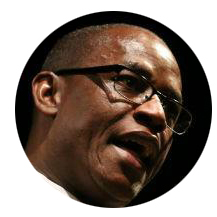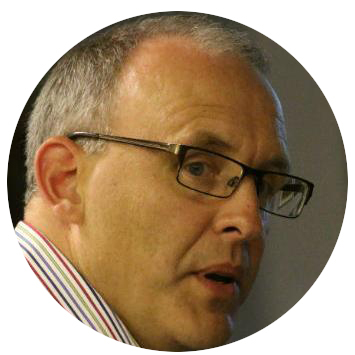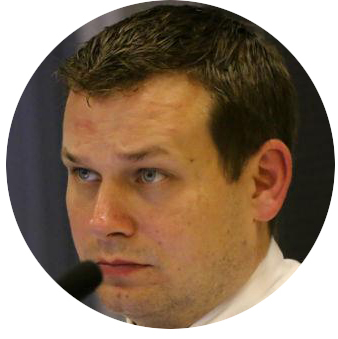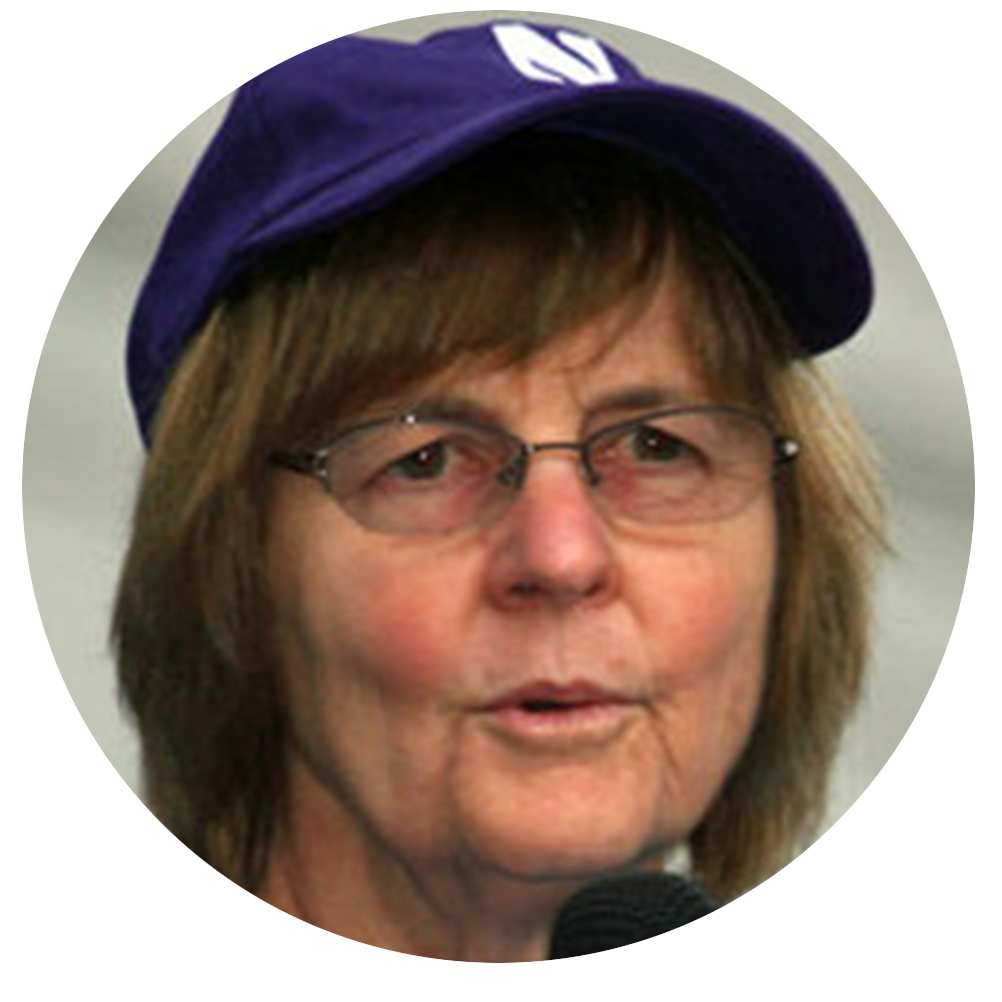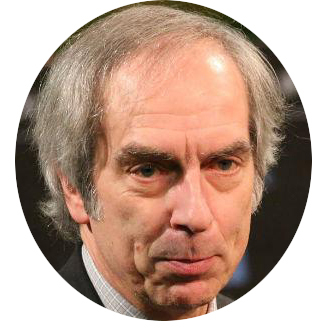by MARCO CARTOLANO
As a Haitian immigrant, Evanston mayoral candidate Gary Gaspard said he hopes to represent a more diverse Evanston and stand up for the less fortunate members of the Evanston community. Gaspard also said he wants to use his experience with both working with students in Chicago Public Schools and as a professor of social policy at Northeastern Illinois University to address the needs of at-risk and economically disadvantaged young people with effective policy.
Promising that he will uphold Evanston’s status as a sanctuary city for undocumented immigrants, Gaspard reflected on his own experiences as an undocumented immigrant. “I behaved myself and I was a law-abiding undocumented citizen. I like the opportunity this country has given me so much and that's what I want to give to other undocumented citizens a chance too. If an undocumented citizen doesn’t commit a crime we’re not going to cooperate with the federal authorities.” For Gaspard, opposing Trump’s immigration policy is a necessary part of his promise to help the less fortunate.
Gaspard also wants to work with disadvantaged people who are Evanston residents. As a supporter of Mayor Elizabeth Tisdahl’s Summer Youth Employment Program, Gaspard advocates extending it to a year-long program. He argued that giving young individuals a steady income would keep them from committing crime by using an analogy of a hundred dollar bill. To explain his reasoning, he said that a rich celebrity like Oprah or Michael Jordan would not even look at the bill, a person, making six figures would report the bill in order for it to be returned to its rightful owner, but an impoverished person would thank God and take the money.
Improving relations between police and young Black individuals is key to Gaspard’s platform. Having worked with at-risk youth, he said he believes he can reach out to them. Gaspard became emotional as he talked about the need for both sides to become more sympathetic to the other.
“Youth need to see police in some other way. We need police in society. But we also want to the police to understand the youth. The youth has a mother, has a family,” he said. “I want to see if I can establish a better relationship between the community and the police.” One of Gaspard’s main ideas is a mentorship program where police can work with young people in order for both sides to humanize the other.
Gaspard’s proposed policies for disabled citizens and policies against privatization keep in the spirit of his inclusion efforts. He believes enforcing the Americans with Disabilities Act should be a part of his diversity measures.
“I want everybody who lives in Evanston to have a sense of belonging. That Evanston belongs to them,” he said. “When you find that you belong to something you tend to protect it and do better.”
For Gaspard, privatization excludes less wealthy Evanston residents. He also stated that privatization hurts transparency and that private companies can lower wages for struggling workers. He uses Chicago parking as an example of the ill effects of this practice. “People are paying more money for parking. And the people who work for parking are making less than when the city was responsible for it,” he said.
In order to encourage these less wealthy citizens to stay in Evanston, Gaspard also supports affordable housing measures. His platform includes a reduction of the property tax to keep Evanston residents from leaving the city and encouraging young professionals to move to Evanston.
“I want Evanston to be as diverse as possible. I like the high rise. I like the young professionals coming in. You know keeping the city alive. It’s so beautiful. But you also have homes where people have lived for many generations. Some of these people because of the property tax hike are leaving town. If you leave I hope it will not be because of property tax,” he said.
In order to accomplish his goals, Gaspard wants to create an advisory committee of former mayors to talk about policy. “If you don’t know where you’re coming from you cannot know where you’re going. You need to know the history. I want to the living mayors to tell me,” he said.
Gaspard cites the enthusiasm he elicits from his students as evidence that he can be an engaging mayor. “My students never doze off in my classroom because I keep the classroom alive and a [create] sense of community. When time is up I am always telling students, ‘It’s time to go,’” he said. “I want to transfer that to the city. Make people feel proud about the city.”

